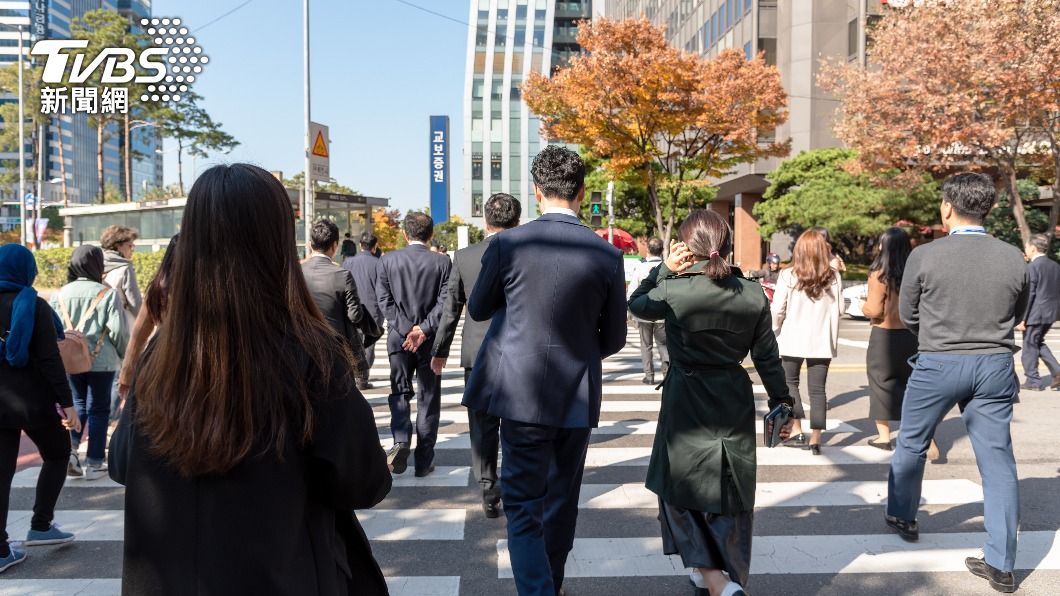TAIPEI (TVBS News) — South Korea is witnessing a substantial decline in newlywed couples, according to data from Statistics Korea released on Monday (Dec. 12). The figures show a drop from about 1.1 million couples within the first five years of marriage in the previous year to approximately 1.032 million couples as of Nov. 1, 2022.
The statistics reveal an annual average decrease of 50,000 to 80,000 such couples since 2015 when the number was 1.472 million. It is expected to fall below 1 million by year-end.
Around 79% of these newlyweds in the past five years are marrying for the first time, while over 20% are embarking on a second marriage, marking a 0.8 percentage point increase since 2015.
Childless couples are making history, with 46.4% of first-time married couples choosing not to start a family yet, a 0.6 percentage point rise from the previous year, and the highest recorded rate to date.
Economic and housing conditions are impacting marital trends, as the average annual income of newlyweds has increased by 6.1% from the previous year, and dual-income couples have claimed a larger share, reaching 57.2%, a 2.3 percentage point increase.
Dual-income families earn 1.7 times more than single-earner families, but they have a 9.6 percentage point lower rate of having children. Additionally, the rate of home loans among newly married couples has risen, while homeownership has decreased by 1.5 percentage points to 40.5%.
The unique Korean rental system, "jeonse," which involves significant security deposit payments instead of monthly rent, may be influencing these trends. Rising Jeonse fraud issues and rental costs could affect young couples' willingness to have children, adding complexity to South Korean family dynamics.



